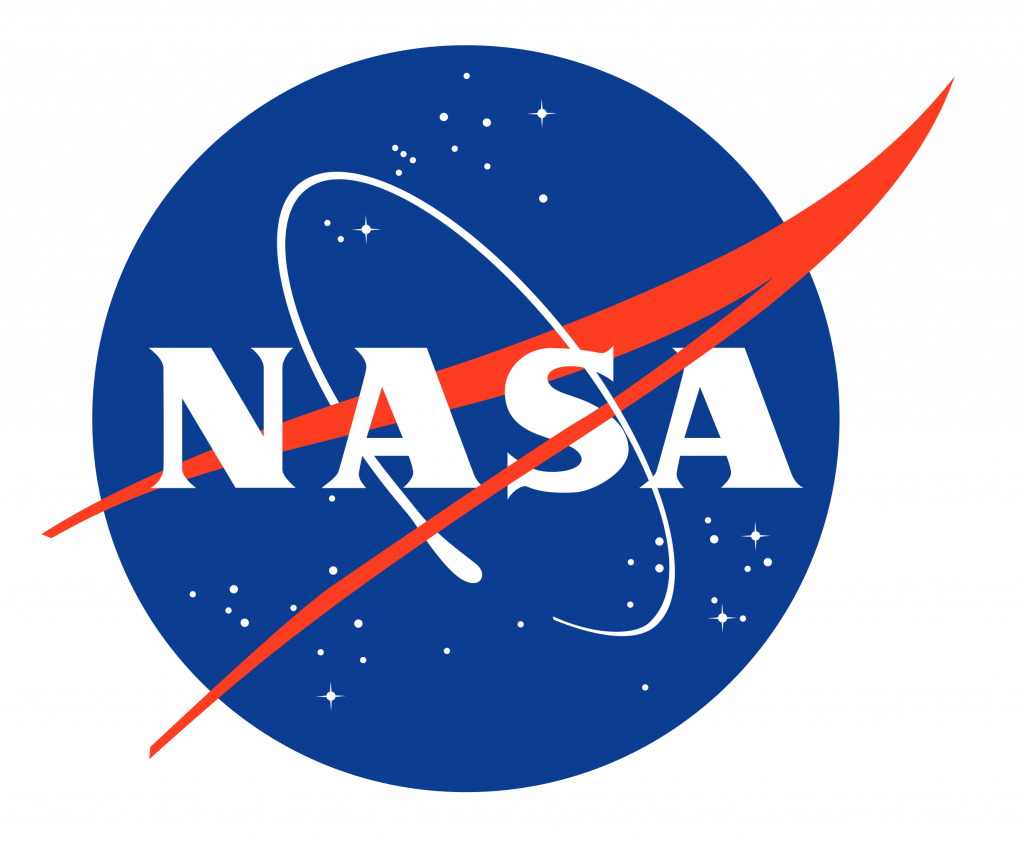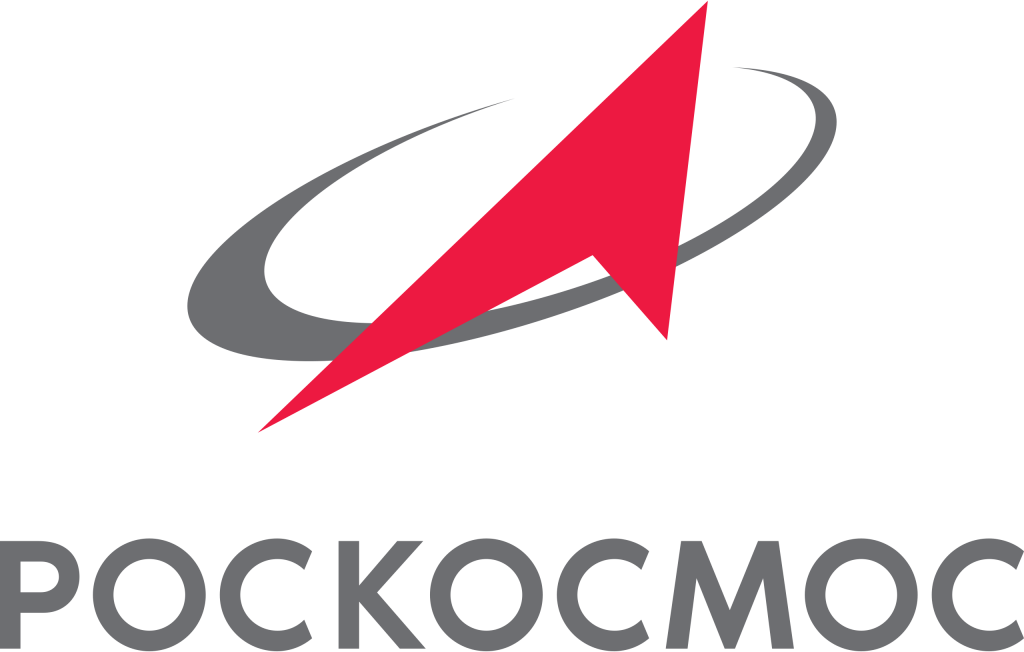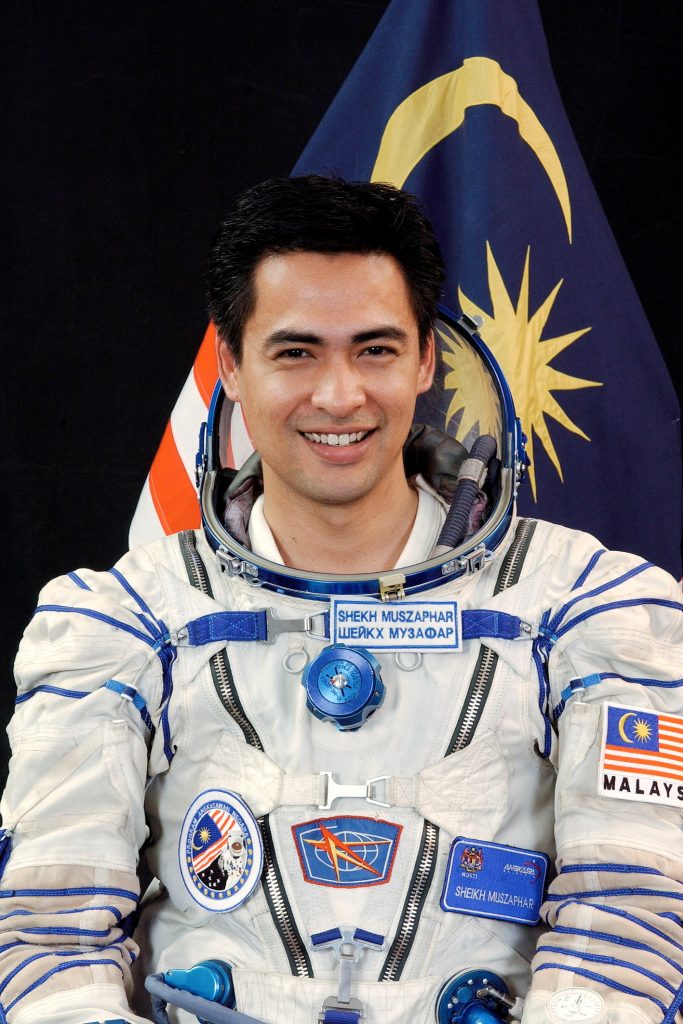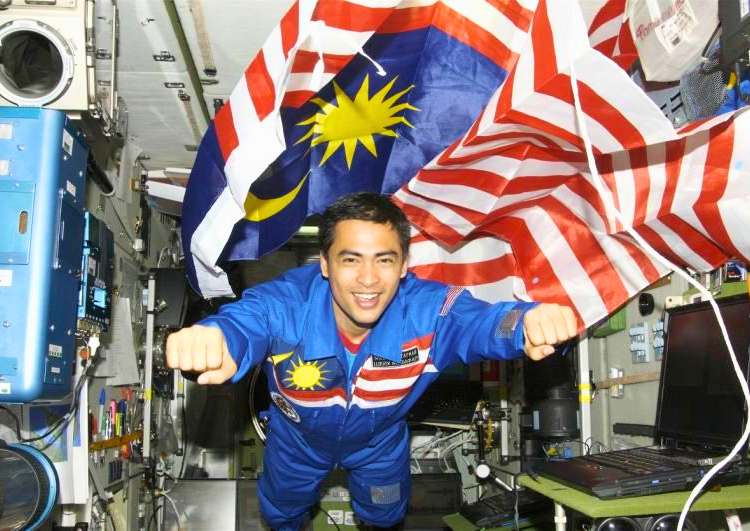Becoming an astronaut is a challenging and competitive process that requires a combination of education, training, and experience. Here is a general outline of the pathway to becoming an astronaut:
- Education: Most astronauts have a background in science, technology, engineering, or mathematics (STEM) fields. A bachelor’s degree in one of these fields is typically the minimum requirement for becoming an astronaut.
- Experience: Astronauts typically have experience in fields related to space, such as working as a pilot, engineer, or scientist. Some astronauts have also served in the military, particularly in roles that involved flying or working with aircraft.
- Training: Astronauts receive extensive training in a variety of areas, including physical fitness, survival skills, and emergency procedures. They also receive training in the operation of spacecraft and the conduct of scientific experiments.
- NASA or other space agency selection: To become an astronaut for NASA or other space agencies, you must be selected through a rigorous application and interview process. This process includes medical evaluations, psychological evaluations, and background checks.
- Mission Specific Training: After being selected, astronauts will receive specific training for their upcoming mission, which can take up to 2 years.
- Flight: After completing the training, astronauts are assigned to a mission, and they fly into space aboard spacecraft such as the Space Shuttle, Soyuz, or the International Space Station (ISS).
It’s important to note that the pathway to becoming an astronaut can vary depending on the space agency and the specific requirements of the astronaut position.
What are the space programmes available in the world?
The specific program that you should apply to become an astronaut depends on the country you are from and the agency you want to work with. Here are a few of the main programs for becoming an astronaut:

1. NASA: NASA, the United States space agency, is one of the most well-known organizations for astronaut selection. NASA’s astronaut corps is made up of both civilian and military personnel. NASA typically announces astronaut selection opportunities every few years.

2. European Space Agency (ESA): The European Space Agency (ESA) is the space agency of the European Union. ESA astronaut selection opportunities are announced periodically, and the selection process is open to citizens of the European Union member states.
3. Canada: The Canadian Space Agency (CSA) is the national space agency of Canada. The CSA periodically selects astronauts through a competitive process open to Canadian citizens.

4. Russia: The Russian Federal Space Agency (ROSCOSMOS) is the national space agency of the Russian Federation. The selection process for becoming a cosmonaut (the Russian term for astronaut) is open to Russian citizens.

5. China: The China National Space Administration (CNSA) is the national space agency of China. The selection process for becoming a Chinese astronaut is open to Chinese citizens.
6. Other countries: Other countries such as Japan, Brazil, and India have their own space agencies and astronaut selection programs.
How to become an astronaut as a Malaysian?
Malaysia does not have its own astronaut corps, so becoming an astronaut as a Malaysian would involve being selected by a foreign space agency such as NASA, the European Space Agency (ESA), or the Russian Federal Space Agency (ROSCOSMOS). Here are a few steps that a Malaysian citizen can take to become an astronaut:
- Education: Obtain a degree in a field related to space, such as physics, engineering, or biology. Some space agencies require a master’s or a doctoral degree.
- Experience: Gain experience in a field related to space, such as working as a pilot, engineer, or scientist. Some space agencies also require experience in the military or in aviation.
- Training: As Malaysia does not have its own space program, it is important to be prepared for the physical and mental training that astronaut candidates go through.
- NASA or other space agency selection: Keep an eye out for astronaut selection opportunities from NASA or other space agencies. Selection opportunities are announced periodically and the selection process is competitive.
- Language: NASA, for example, requires astronaut candidates to have a good command of the English language, so it is important to have fluency in English.
- Other requirements: NASA, for example, also requires astronaut candidates to pass medical and psychological evaluations, as well as background checks.
How did Sheikh Muszaphar Shukor become an astronaut?

Sheikh Muszaphar Shukor is the first Malaysian astronaut. He was selected as part of a joint program between the Russian Federal Space Agency (ROSCOSMOS) and the Angkasawan Malaysia program, which aimed to send a Malaysian astronaut to the International Space Station (ISS). Here are the steps that Sheikh Muszaphar Shukor took to become an astronaut:
- Education: Sheikh Muszaphar Shukor earned a degree in medicine from Universiti Kebangsaan Malaysia.
- Experience: He was a medical doctor and had experience in orthopedic surgery.
- Selection: Sheikh Muszaphar Shukor was selected as one of the final candidates for the Angkasawan Malaysia program in 2007.
- Training: He underwent intense physical and mental training in Russia for over a year.
- Spaceflight: In October 2007, Sheikh Muszaphar Shukor flew to the International Space Station (ISS) aboard the Soyuz TMA-11 spacecraft.
- Mission: During his mission, he performed various experiments in space, including studying the effects of microgravity on the human body and conducting experiments in plant biology.

Sheikh Muszaphar Shukor’s journey to become an astronaut is an inspiration for Malaysians, and his mission has been a major milestone for the country. After his return, he has been actively participating in various national and international events to share his experience and inspire others.
It’s worth noting that becoming an astronaut is an extremely competitive process, and only a small number of people are selected for astronaut training each year. It’s also important to note that Malaysia has no astronaut selection program, and the country does not have any national space program. However, this should not discourage Malaysians from pursuing their dream, and they can co












